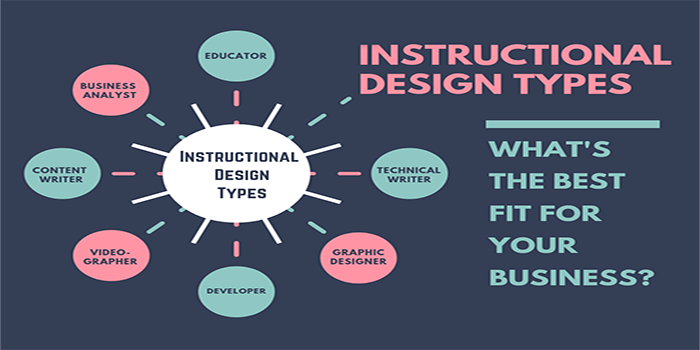
Instructional design is the process of creating educational materials and experiences that facilitate and enhance learning. It involves analyzing the learning needs of learners and developing instructional strategies to meet those needs. Instructional design typically involves creating instructional objectives, designing instructional strategies, developing content and activities, selecting appropriate media and assessment strategies, and evaluating instruction. Instructional design is used in a variety of educational settings, including corporate, government, and educational institutions.
Instructional Design Training Course
This Instructional Design Training Course is designed to provide students with the necessary knowledge and skills to create effective training materials. The course is divided into four main modules: Introduction to Instructional Design, Designing Instructional Content, Developing Instructional Materials, and Evaluating Instructional Materials.
Module 1 – Introduction to Instructional Design This module provides an overview of the field of instructional design and introduces students to the fundamentals of instruction, including the purpose and principles of instructional design, the characteristics of different instructional methods, and strategies to ensure instructional success.
Module 2 – Designing Instructional Content This module introduces students to the basics of designing instructional content, including analyzing audience needs, writing learning objectives, and selecting instructional materials. Students will be introduced to the various instructional design models and processes, as well as the tools and techniques used to develop effective instructional content.
Module 3 – Developing Instructional Materials This module focuses on developing effective instructional materials. Topics covered include designing course outlines, creating instructional materials, and incorporating technology into instruction. Students will also learn about the various methods for assessing learner progress.
Module 4 – Evaluating Instructional Materials This module explores the principles and methods of evaluating instructional materials. Students will learn about the different types of evaluation methods and the criteria for evaluating instructional materials. They will also learn about the importance of feedback and how to interpret evaluation results.
Importance of Instructional Design Training Course
Instructional design is a critical aspect of the modern learning environment. It involves the process of designing, developing and delivering effective instructional materials and activities to help learners acquire new knowledge and skills. Instructional design training courses help professionals gain the skills necessary to create effective instructional materials and activities that are tailored to their learners’ specific needs. They provide an understanding of the fundamental principles of instructional design and allow professionals to develop their own instructional design strategies. Instructional design training courses also help professionals become more effective communicators and facilitate better understanding between learners and instructors. Furthermore, instruction design training courses are essential to help professionals stay up–to–date with the latest trends and best practices in instructional design.
Best University of Instructional Design in India
The best universities for Instructional Design in India are:
1. Indian Institute of Technology (IIT), Delhi
2. Indian Institute of Technology (IIT), Bombay
3. Pune University
4. Amity University
5. Symbiosis International University
6. Manipal University
7. Jamia Millia Islamia
8. Amrita Vishwa Vidyapeetham
9. University of Delhi
10. Indira Gandhi National Open University (IGNOU)
What are the Components of Instructional Design?
1. Analysis: This involves gathering data about learners, tasks, and the learning environment.
2. Design: This involves creating an instructional plan and selecting appropriate instructional strategies.
3. Development: This involves creating instructionally sound materials and activities.
4. Implementation: This involves implementing the instruction and assessing its effectiveness.
5. Evaluation: This involves evaluating the instructional materials, activities, and implementation.






